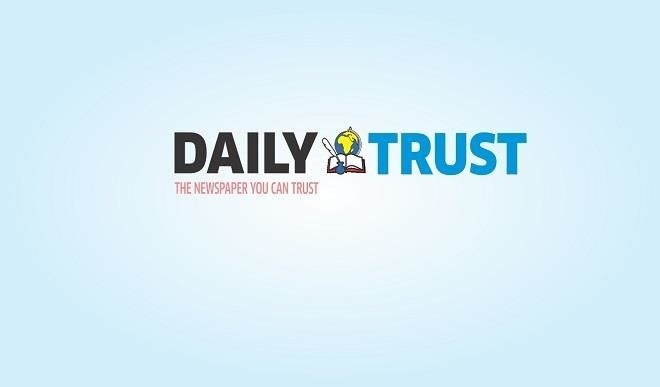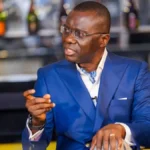
A newly developed mobile application is to help women seize financial opportunities and close gaps that exclude them from financial services.
The App, called Kowgo-for “knowledge on the go”-could potentially reach thousands of women and help “people understand better and seize opportunities available to them,” said Esther Eghobamien-Mshelia, an advisor for the Women Arise Development and Humanitarian Initiative (WADHI), which created the App.
“Women are a force, and the growth and development of a nation depends on how you marshal their resources. But financial exclusion is real,” she said.
Kowgo is set to be hosted on Google Playstore and the App Store, but has first been bundled onto Intel’s Kiokat for a pilot run.
Intel, through its She Will Connect project to help more women get on the internet, provided 50 tablets to help take Kowgo to women in rural areas.
“We have seen huge technology and gender gaps between women and men in different parts of the world, and that gap is biggest in Africa,” said Ferruh Gurtas, corporate affairs director for Europe, Middle East and Africa region at Intel. For every two men, there is only one woman who uses technology in Africa,” he said.
Out of 96.4 million Nigerian adults, some 40.1 million are excluded from financial services.
“It isn’t just about getting financial services but about encouraging, savings, cooperatives and growing economies,” said Stephen Ambrose, of the Central Bank.
Of all the millions of people involved in the formal sector, less than one in three are women. Majority of them are in informal sector, unable to get access to credit and facilities to grow their business or trade.
The Bank of Industry has 30% of its credit facilities set aside for women, but in 10 years less than 0.5% of its women-friendly credits have been accessed, according to Eghobamien-Mshelia.
Deploying the Kowgo on Kiokats is providing women a technology they can touch and feel and interact across seven modules-money, banks and financial institutions, insurance, entrepreneurship, business financing, e-commerce, and personal finance.
Its interface has options for beginner, intermediate and advanced level users-and comes in a growing selection of Nigerian languages starting with Pidgin, Hausa, Yoruba, Igbo and English.
It comes with voice-over narrations and video demos in selected languages, and women don’t have to be online to use the app, either.
“Digital literacy is what women need, whether we like it or not,” said Babatunde Akinola, of Intel. “Every woman needs it to compete, even if you are selling pepper.” We want to give loans, but how do we find credible businesses?” said Aisha Abdullahi, of the Bank of Industry, citing the convenience of business on an app.
“Women have so many things to deal with. Once something is convenient, it is easy for us to do many things. It is very critical women are brought into mainstream financial sector. People with financial literary do better and repay [loans] more,” she added.
The IT firm, Oracle, a partner on the Kowgo project, hopes to open up its database to help add support features on the App that could potentially generate reports tailored to requirements for credit.

 Join Daily Trust WhatsApp Community For Quick Access To News and Happenings Around You.
Join Daily Trust WhatsApp Community For Quick Access To News and Happenings Around You.


